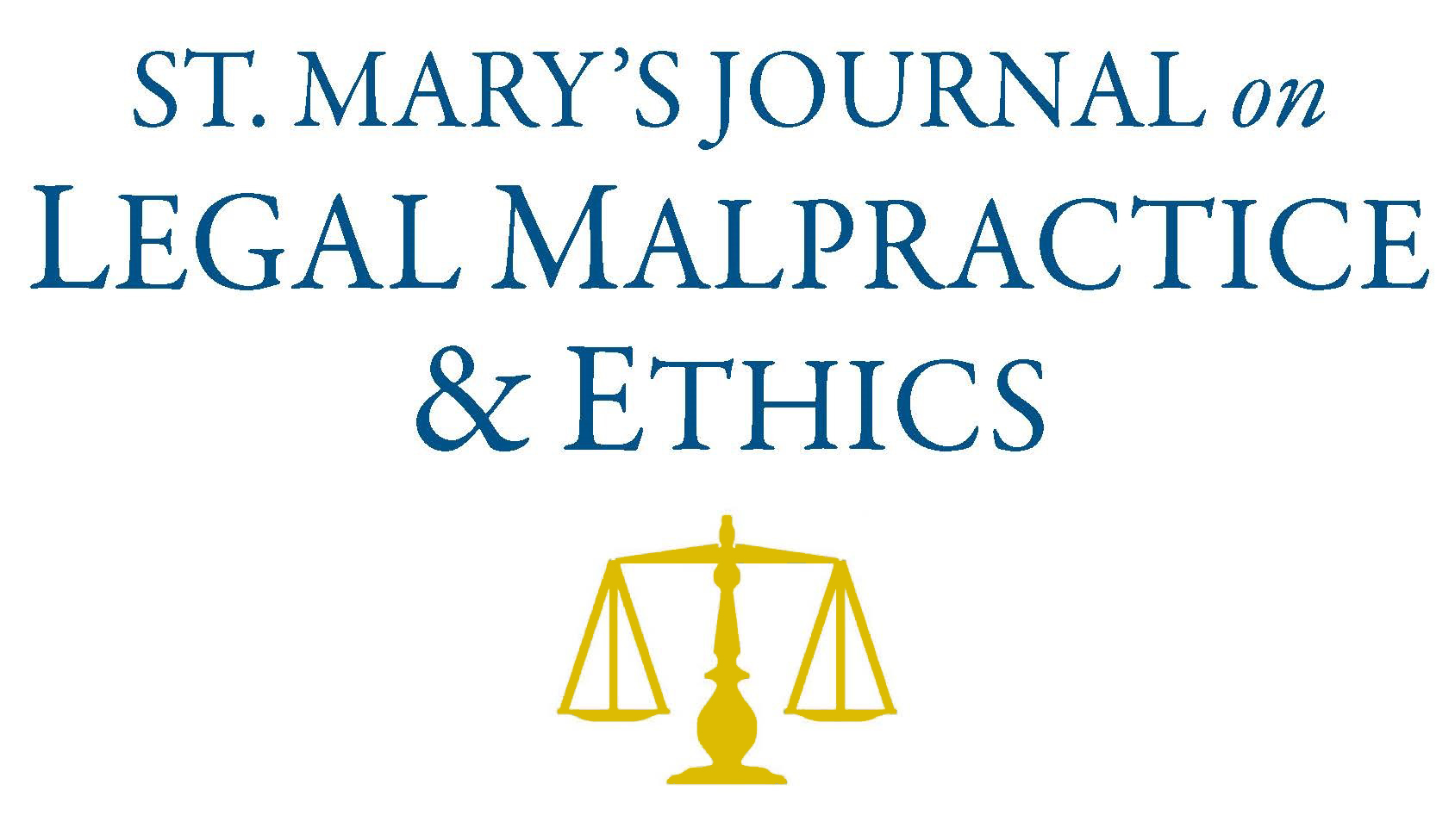
First Page
144
Date Created
1-15-2021
Publisher
St. Mary's University School of Law
Editor
Hannah C. Mery
Last Page
179
Abstract
The Supreme Court’s opinion in McCoy v. Louisiana held that a defendant has a constitutional right to insist their attorney not concede guilt as to any element of an offense, even if doing so is the only reasonable trial strategy to give the defendant a chance at life imprisonment instead of the death penalty. Under McCoy’s holding, a defendant can insist on maintaining their innocence—even in the face of overwhelming evidence—and force their attorney to pursue a defense that will land them on death row. The Supreme Court’s holding makes clear that a strategic concession of guilt at trial—over the defendant’s objection—is a structural error and calls for an automatic retrial without a showing of prejudice.
This comment argues the Supreme Court and every lower court erred in ruling Robert McCoy competent to be executed. Due to McCoy’s behavior and mental state, he was not death eligible and the Court should have remanded on the issue of competency. Additionally, the Court should have given more deference to defense counsel’s strategic concession of guilty in light of the State’s overwhelming evidence. Even if the Court held the concession of guilt was improper, they should have then applied the Strickland test and decided whether or not the defendant suffered prejudice stemming from the concession. Lastly, this comment will discuss some of the issues faced by defense counsel when dealing with a perjurious or borderline competent client, including the lack of guidance from the ABA Model Rules of Professional Conduct.
Recommended Citation
Farid Seyyedi,
When Mental Health Meets “The One-Armed Man” Defense: How Courts Should Deal with McCoy Defendants,
11
St. Mary's J. on Legal Malpractice & Ethics
144
(2021).
Available at:
https://commons.stmarytx.edu/lmej/vol11/iss1/5
Included in
Courts Commons, Criminal Law Commons, Criminal Procedure Commons, Law and Psychology Commons, Law and Society Commons, Legal Ethics and Professional Responsibility Commons, Legal Profession Commons, Legal Remedies Commons, Psychiatric and Mental Health Commons, Supreme Court of the United States Commons

